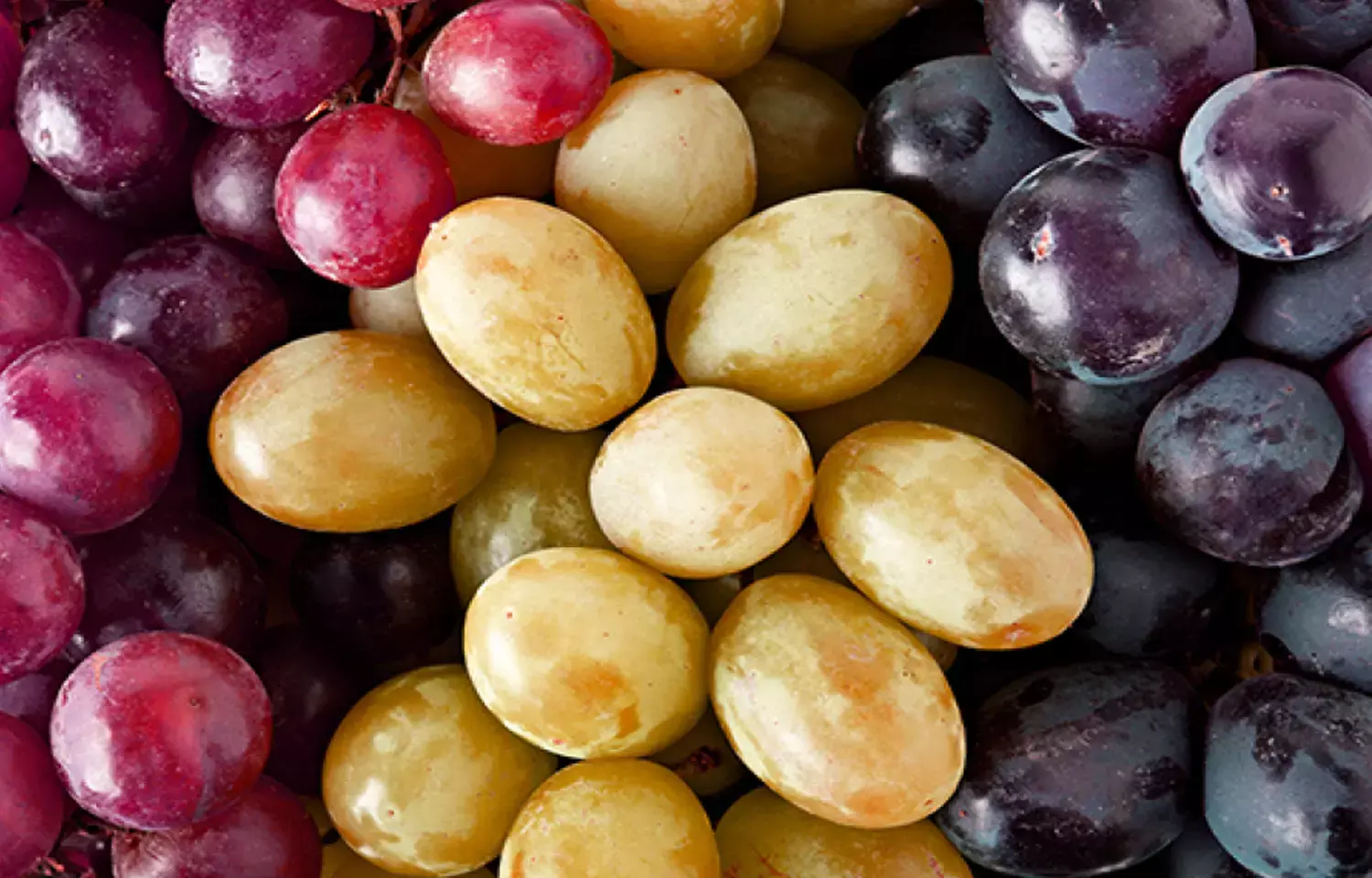- Home
- Medical news & Guidelines
- Anesthesiology
- Cardiology and CTVS
- Critical Care
- Dentistry
- Dermatology
- Diabetes and Endocrinology
- ENT
- Gastroenterology
- Medicine
- Nephrology
- Neurology
- Obstretics-Gynaecology
- Oncology
- Ophthalmology
- Orthopaedics
- Pediatrics-Neonatology
- Psychiatry
- Pulmonology
- Radiology
- Surgery
- Urology
- Laboratory Medicine
- Diet
- Nursing
- Paramedical
- Physiotherapy
- Health news
- Fact Check
- Bone Health Fact Check
- Brain Health Fact Check
- Cancer Related Fact Check
- Child Care Fact Check
- Dental and oral health fact check
- Diabetes and metabolic health fact check
- Diet and Nutrition Fact Check
- Eye and ENT Care Fact Check
- Fitness fact check
- Gut health fact check
- Heart health fact check
- Kidney health fact check
- Medical education fact check
- Men's health fact check
- Respiratory fact check
- Skin and hair care fact check
- Vaccine and Immunization fact check
- Women's health fact check
- AYUSH
- State News
- Andaman and Nicobar Islands
- Andhra Pradesh
- Arunachal Pradesh
- Assam
- Bihar
- Chandigarh
- Chattisgarh
- Dadra and Nagar Haveli
- Daman and Diu
- Delhi
- Goa
- Gujarat
- Haryana
- Himachal Pradesh
- Jammu & Kashmir
- Jharkhand
- Karnataka
- Kerala
- Ladakh
- Lakshadweep
- Madhya Pradesh
- Maharashtra
- Manipur
- Meghalaya
- Mizoram
- Nagaland
- Odisha
- Puducherry
- Punjab
- Rajasthan
- Sikkim
- Tamil Nadu
- Telangana
- Tripura
- Uttar Pradesh
- Uttrakhand
- West Bengal
- Medical Education
- Industry
Grape consumption may act as edible sunscreen and protect against sun damage

Researchers at University of Alabama, Birmingham have found in a new study that consuming grapes protected against ultraviolet (UV) skin damage. The Study subjects showed increased resistance to sunburn and a reduction in markers of UV damage at the cellular level. Natural components found in grapes known as polyphenols are thought to be responsible for these beneficial effects.
It is estimated that 1 in 5 Americans will develop skin cancer by the age of 70. 5 Most skin cancer cases are associated with exposure to UV radiation from the sun: about 90% of nonmelanoma skin cancers and 86% of melanomas, respectively. Additionally, an estimated 90% of skin aging is caused by the sun.
The study investigated the impact of consuming whole grape powder - equivalent to 2.25 cups of grapes per day - for 14 days against photodamage from UV light. Subjects' skin response to UV light was measured before and after consuming grapes for two weeks by determining the threshold dose of UV radiation that induced visible reddening after 24 hours - the Minimal Erythema Dose (MED). Grape consumption was protective; more UV exposure was required to cause sunburn following grape consumption, with MED increasing on average by 74.8%.3 Analysis of skin biopsies showed that the grape diet was associated with decreased DNA damage, fewer deaths of skin cells, and a reduction in inflammatory markers that if left unchecked, together can impair skin function and can potentially lead to skin cancer.
The research has been published in the Journal of the American Academy of Dermatology.
The study found that a group of natural compounds—polyphenols, found in grapes as well as other fruits and vegetables—can reduce acute UV radiation damage in healthy adults, which was previously demonstrated in mouse models. Additionally, it can decrease proteins in the body that promote inflammation. This is the first study showing that oral ingestion of table grapes has a photoprotective effect on the sunburn response in humans.
"Study results indicate that oral consumption of grapes has systemic beneficial effects in healthy adults," said Allen Oak, M.D., a dermatologist in the UAB School of Medicine and a lead author of the study. "These benefits include inhibition of inflammation and repair of DNA damage."
In addition to consumption of the powder, the study also showed that the application of a topical extract made from a grape seed polyphenol, proanthocyanidin, can reduce sunburn cell formation.
Furthermore, preliminary results suggest that grapes may help to prevent skin cancers as well, although more studies need to be conducted in this area before drawing conclusions.
"Grape consumption may act as an 'edible sunscreen,'" Oak said. "This does not mean that grapes should be used in lieu of sunscreen, but they may offer additional protection which we are eager to continue learning more about. This research is exciting because our current findings provide building blocks for additional studies that may eventuate in an oral photoprotective product from a natural source."
For further reference log on to:
Oak, A.S.W., Shafi, R., Elsayed, M., Bae, S., Saag, L., Wang, C.L., & Elmets, C.A. (2021). Dietary table grape protects against UV photodamage in humans: 1. clinical evaluation. Journal of the American Academy of Dermatology. Doi: https://doi.org/10.1016/j.jaad.2021.01.035.
2 Oak, A.S.W., Shafi, R., Elsayed, M., Mishra, B., Bae, S., Barnes, S., Slominksi, A.T., Wilson, L.S., Athar, M., & Elmets, C.A. (2021). Dietary table grape protects against UV photodamage in humans: 2. molecular evaluation. Journal of the American Academy of Dermatology. Doi: https://doi.org/10.1016/j.jaad.2021.01.036.
Hina Zahid Joined Medical Dialogue in 2017 with a passion to work as a Reporter. She coordinates with various national and international journals and association and covers all the stories related to Medical guidelines, Medical Journals, rare medical surgeries as well as all the updates in the medical field. Email: editorial@medicaldialogues.in. Contact no. 011-43720751
Dr Kamal Kant Kohli-MBBS, DTCD- a chest specialist with more than 30 years of practice and a flair for writing clinical articles, Dr Kamal Kant Kohli joined Medical Dialogues as a Chief Editor of Medical News. Besides writing articles, as an editor, he proofreads and verifies all the medical content published on Medical Dialogues including those coming from journals, studies,medical conferences,guidelines etc. Email: drkohli@medicaldialogues.in. Contact no. 011-43720751


